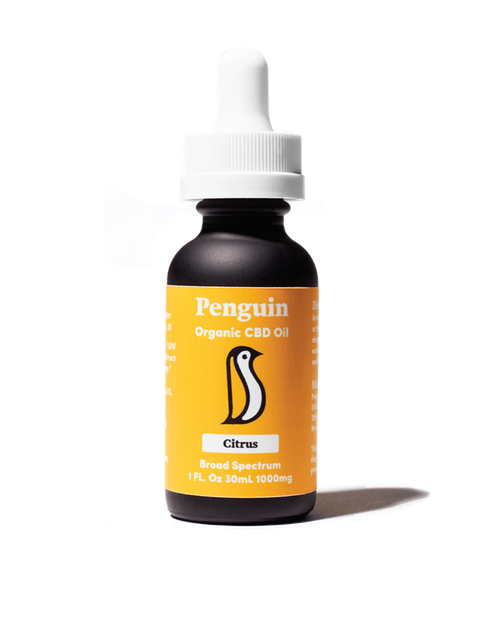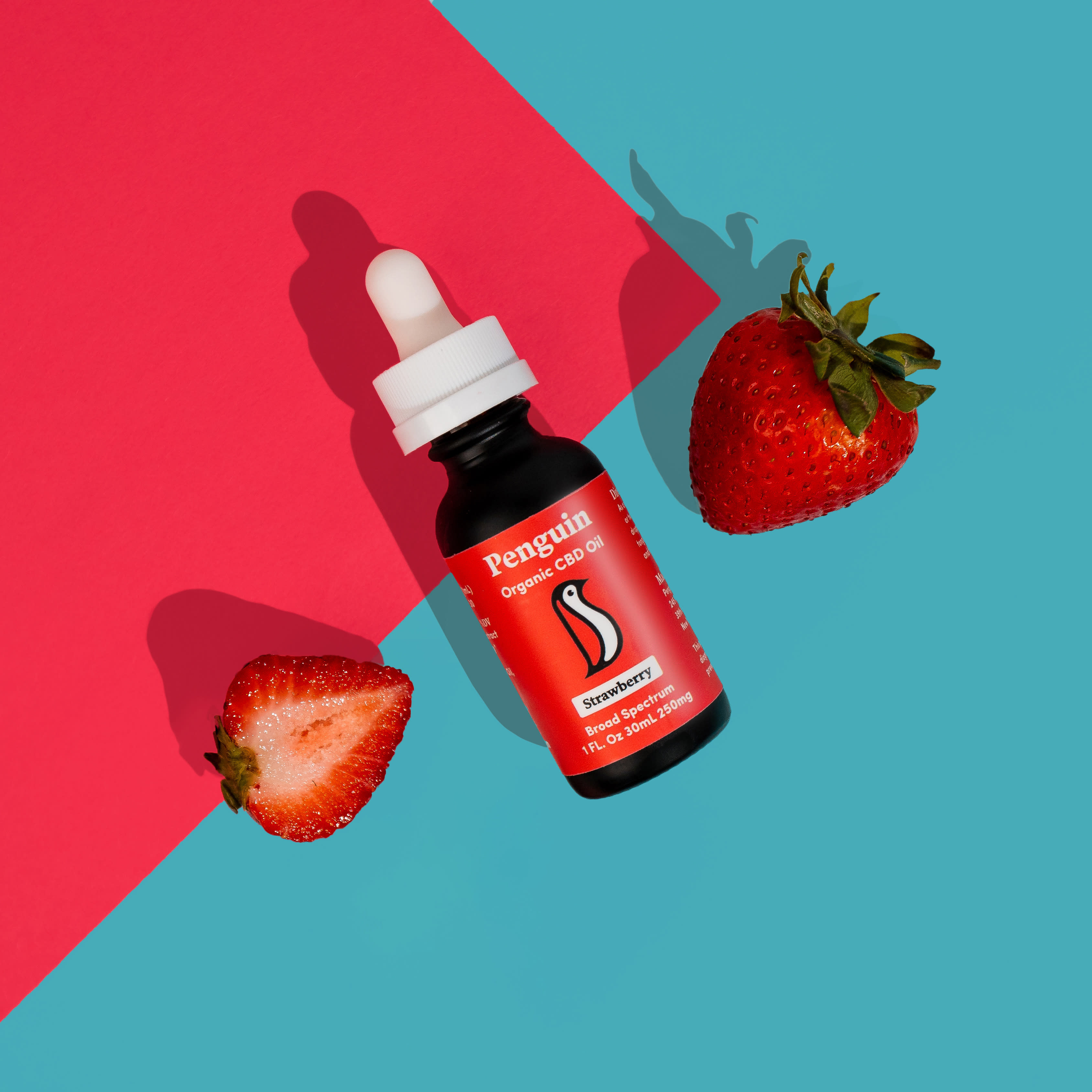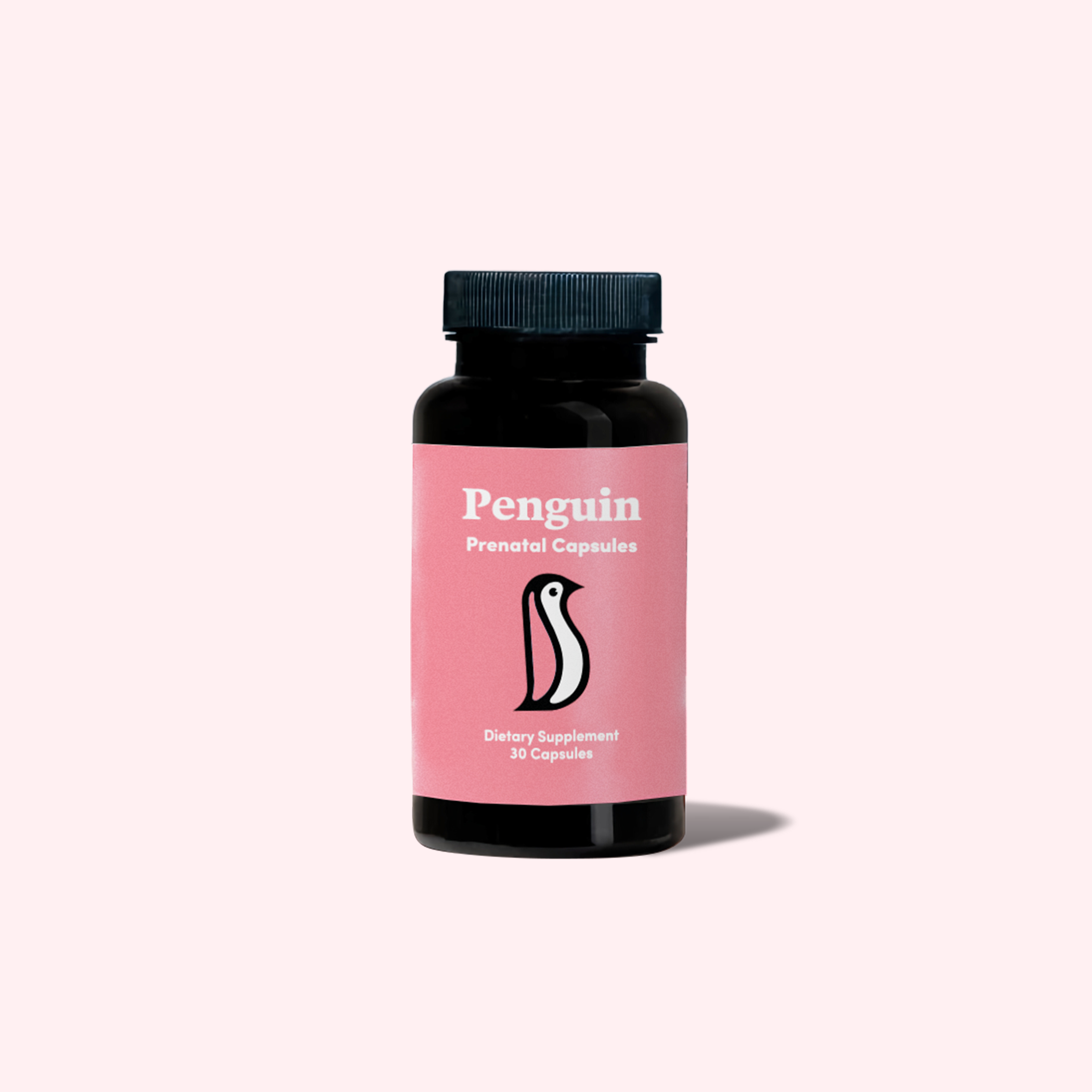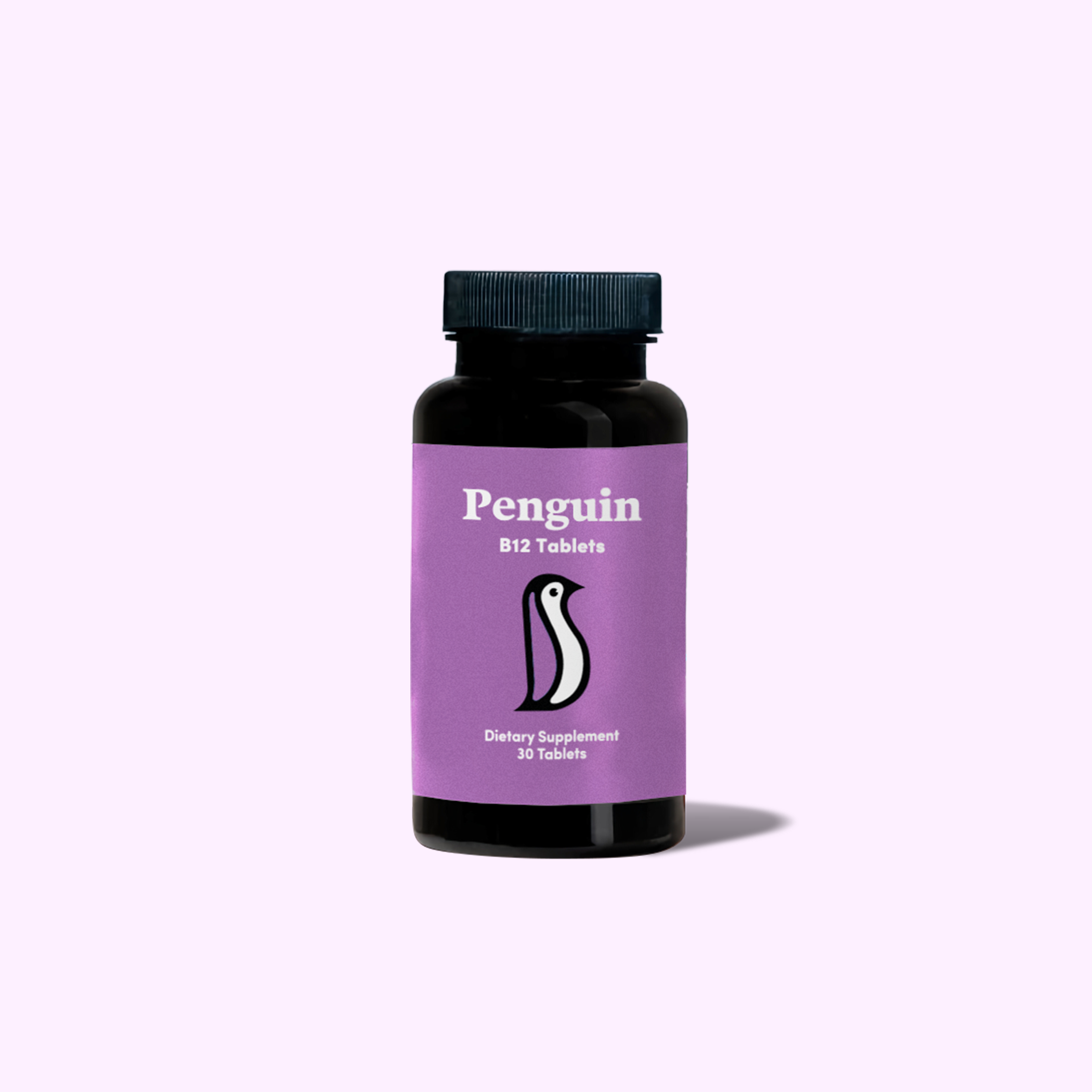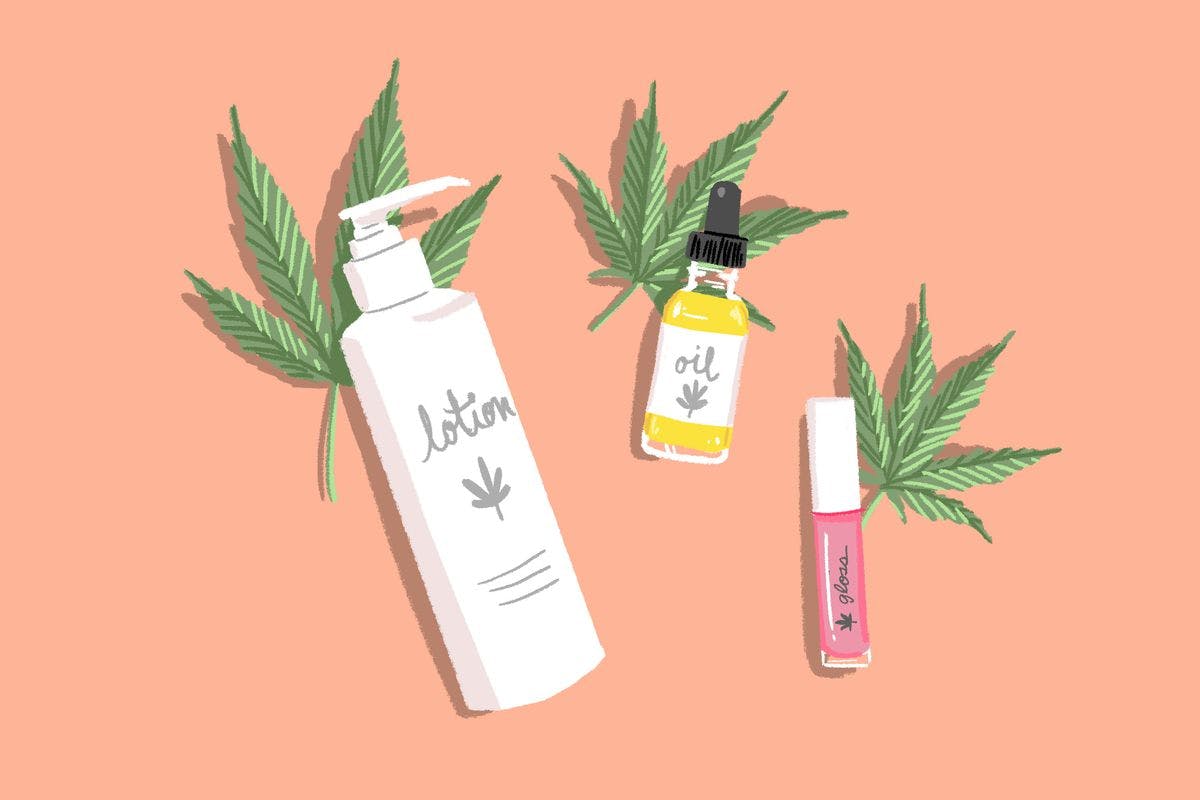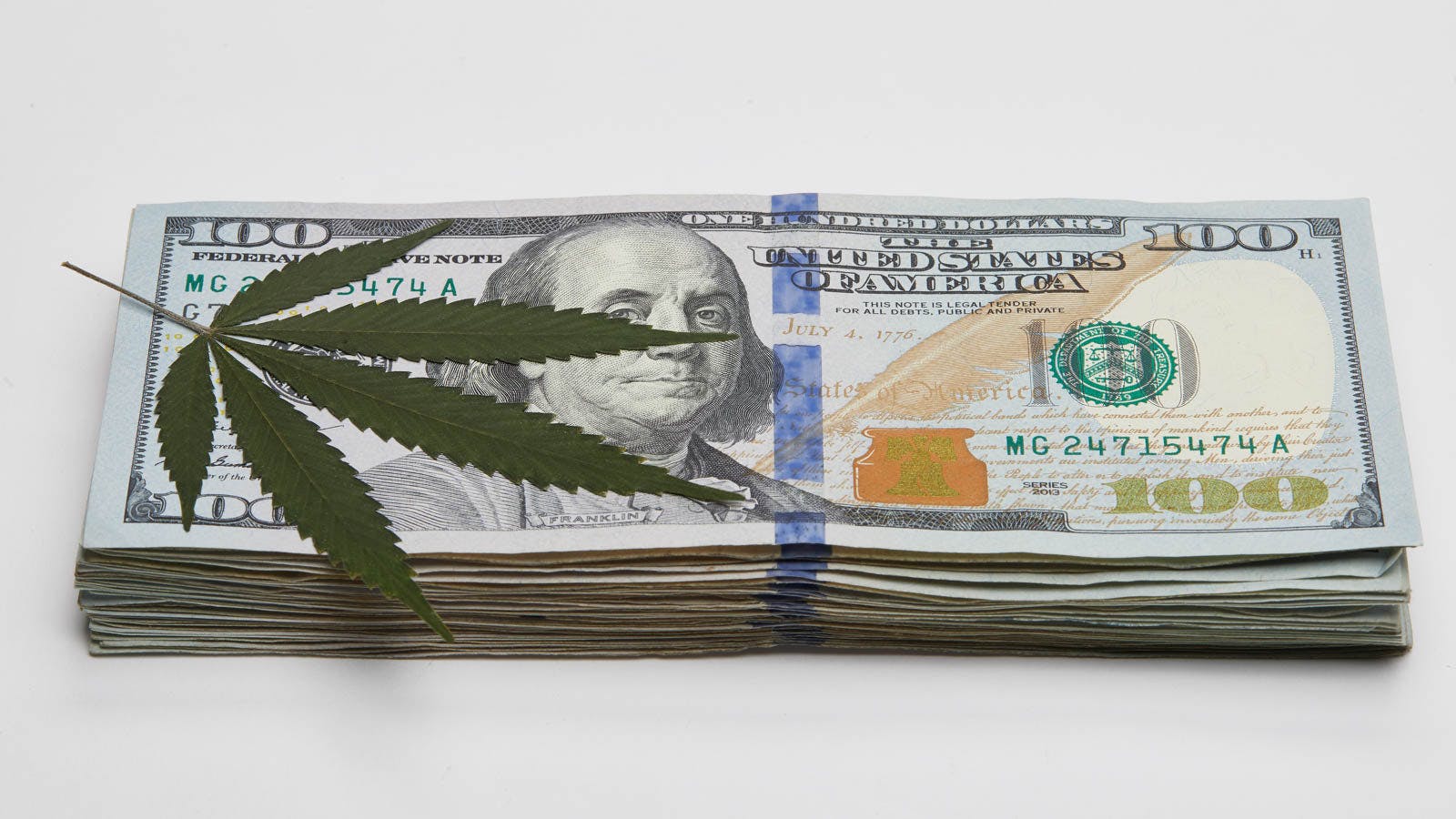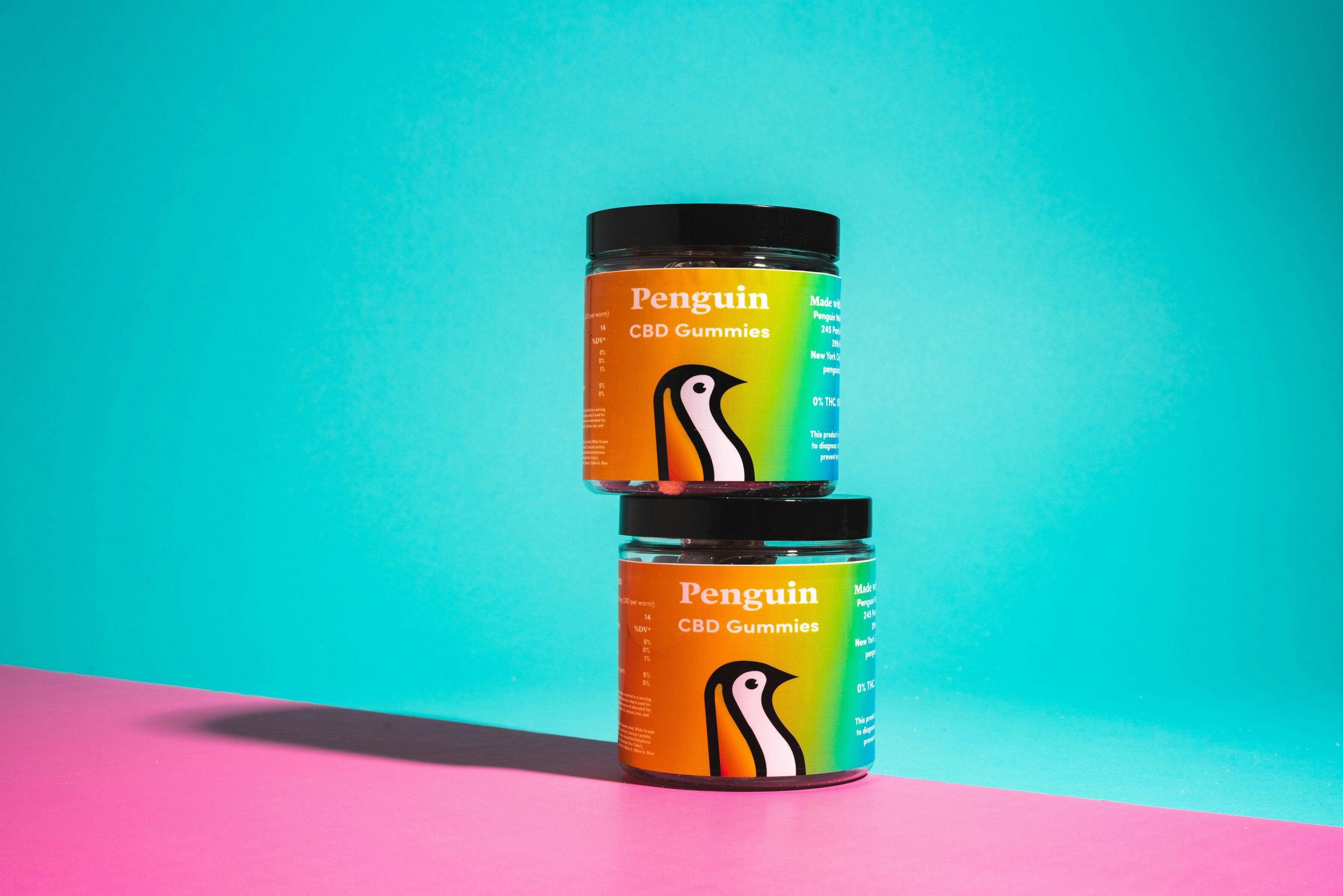How Much THC Is in CBD Oil?
 By Penguin CBD
By Penguin CBDFull of interesting compounds that produce beautiful scents and provide unique physiological properties, plants that produce phytocannabinoids seem to beckon to humans to interact with them. Our natural endocannabinoid system (ECS) cooperates with phytocannabinoids as if they were made for each other.
The cannabis plant produces well over 100 different cannabinoids. Some come in large quantities, while others appear obsolete in their pound-per-pound value. The most discussed, and most popular phytocannabinoids, are CBD and THC. Due to their relatively well-understood properties, they make up the focus of the cannabinoids extracted from the plant.
CBD and THC, however, are two very different compounds. THC is the intoxicating compound of the group and is found in higher concentrations in recreational and medical cannabis. CBD doesn’t produce such effects. Though, it often can be found in higher concentrations in the hemp varieties of cannabis. Both can be located in most varieties of cannabis and hemp but in different concentrations depending on the cultivar.
The most socially-accepted types of cannabis products stem from hemp seeds. The positive attributes of hemp oil have been much discussed over the years. A lot is known about it, since hemp oil carries insignificant amounts of cannabinoids and has been allowed more freedom for scientific exploration and experimentation. CBD oil is far newer to the legal marketplace, however, and consumers may have a lot of questions about what they are buying.
One of the most popular questions about CBD oil is “is there THC in CBD oil?”
There is not a simple ‘yes’ or ‘no’ answer and it is up to you to find out which oil you feel is right for you. But, that means you must be informed about these products so you know what to expect when making a purchase of CBD oil.
What Does the FDA Say?
According to FDA regulations, CBD derived from hemp is legal. This was put into effect by the 2018 Farm Bill which placed the control of hemp under the supervision of the Department of Agriculture and made it an agricultural commodity. This prevents the DEA from interfering with any inter-state commerce and allows further research to be done regarding CBD oil.
The production of CBD oil remains under the purview of the FDA. In order for CBD oil to be sold legally, the amount of THC present in the oil must be 0.3% or less. If the oil is taken according to instructions, this is a negligible amount of THC that will not cause any “high” or intoxication. Federal, state, and local laws may differ, so it is very important to check your local regulations to make sure that CBD oil is completely legal where you live if you intend to purchase or consume it.
What Are the Different Types of CBD Oil?
Yes, there are three main types of CBD oil available for purchase:
- CBD isolates: This is a pure CBD oil product. This means that it only contains CBD and has no other trace amounts of cannabinoid compounds, this includes THC.
- Broad-spectrum CBD oil: This is a CBD oil that bridges the gap between CBD isolates and full-spectrum extracts. It is produced in the same manner as CBD isolates but it still contains a variety of other cannabinoids. The only cannabinoid not present in a broad-spectrum extract is THC.
- Full-spectrum CBD oil: This is a CBD oil that has been extracted from cannabis and, as the name suggests, it contains the full spectrum of cannabinoids, including the ones which may produce psychoactive effects. However, even in full-spectrum CBD oils, the amount of THC remains negligible.
The different types of oil will contain varying amounts of THC, of course. If you want to avoid THC, you should be careful when selecting the product you want to purchase and always read the label first. THC levels, if any, will be indicated.
What Is the Difference Between CBD Oil and Hemp Oil?
CBD oil and hemp oil are both sourced from the same plant and are often mistaken for one another. Moreover, the difference between the two oils and their extraction methods has an effect on the levels of THC present in them.
CBD is found in different locations on the plant, and each location has different concentrations. The leaves and flowers of the hemp plant contain the highest concentrations of CBD and are therefore used to extract CBD oil. Hemp oil is made using the seeds of the hemp plant, they contain very little CBD but do contain other useful substances.
CBD is commonly extracted from the hemp plant by a process called CO2 extraction. This is the use of CO2 as a solvent to separate the plant material from the cannabinoid compounds present in the plant. Hemp oil, on the other hand, is extracted by cold pressing the seeds until they produce the oil.
Hemp oil can be used for many different things. It is often used in beauty products like shampoos and soaps. It can also be used in cooking because it is high in omega-6 and omega-3 essential fatty acids. There are also plenty of industrial uses for hemp oil and it can be found in some inks, paints, lubricants, and many more products.
Can taking CBD oil influence a drug test?
There is always a chance that using CBD or hemp oil could make you fail a drug test. You are never completely in the clear when consuming any cannabinoid-based product. Even the use of hemp oil as a beauty product could cause a false positive on a drug test. However, the chances remain unlikely that consuming CBD oil will result in a failed drug test.
The regulations set by the Department of Health and Human Services states that the limit of THC to cause a failure of a drug test is 50mg/ml. If the CBD oil that you use has 0.3% THC, you will be safe; there is not enough THC. The only way to fail a drug test when taking CBD oil is to consume a high dose in a short period of time. An absurdly high dose.
There are, however, certain tests that look for all cannabinoids. The use of CBD oil will cause a failure on these tests, but these tests are far less common. Even black pepper contains trace amounts of terpenes found in THC. So, although unlikely, the idea that consuming plant material could lead to a false positive on a drug test isn’t out of the question.
How Can I Avoid THC in CBD Oil?
It’s important to have a good understanding of where your CBD oil comes from. A lot of the CBD market is under-regulated, and some sellers may take advantage of that fact and loosen their quality control. There are several important factors to understand when purchasing CBD oil if you want to mitigate the risk of high levels of THC.
- Read the product information: you should know if the oil comes from hemp or marijuana plants.
- Figure out what type of oil it is: The only way to truly be sure there is zero THC is to buy a CBD oil made with pure CBD isolate.
- Find the products that list the concentration of CBD: the lower the concentration, the lower the dose.
- Make sure you know where the products come from: if you are buying CBD oil in the US you should look for oil produced in states with good testing and strong regulation like Oregon or Colorado.
- Always buy your CBD oil from trusted vendors.
- Purchase products that include third-party lab reports on their quality and cannabinoid quantity.
- Avoid products that make unsubstantiated health-related claims. There are very few CBD related products that have been FDA tested, let alone approved.
What if I want THC in my CBD oil?
If you live in an area that has legalized the sale and consumption of recreational or medical cannabis, there are likely CBD oils that can be purchased that contain varying ratios of THC to CBD.
According to some studies, cannabinoids can work in tandem to provide more benefits. Some believe that when cannabinoids are taken in tandem the effects could become stronger. This is often referred to as the entourage effect. It means that CBD oil with even slight amounts of THC may be able to increase the oil’s ability to improve health and alleviate certain discomforts.
However, THC binds with the ECS receptors and produces the intoxicating “high,” this has a variety of side effects, one of which can be paranoia. If you are not a regular consumer, the effects of paranoia can be quite strong and, in some cases, very unsettling.
Since the ratio of cannabinoids in CBD oils varies so widely, it’s important to explore what’s right for you. Consider taste, dosage, price point, and other important factors you deem relevant.
How Will My Country Affect THC Content?
Depending on where you live, the THC content found in CBD oils can vary. Of course, if you were to buy CBD oil in the USA, the maximum legal amount allowed by the FDA is 0.3% THC. But, if you were to buy CBD oil in Europe, the average legal amount of THC would be 0.2%. There are some notable exceptions to these rules and you should be aware of them depending on your location.
- Switzerland is more liberal than most of Europe, allowing some THC in their cannabis products, but the THC content must be below 1%
- If you want to purchase CBD oil in France, the only legal version available is CBD isolate. There cannot be any THC content in the CBD oil in France.
- In Austria and Luxembourg, you can purchase CBD oil with a THC content of 0.3%, just like the United States.
- CBD is still completely illegal in Lithuania and Slovakia, regardless of THC content.
How will my dosage affect THC?
Different people respond to different doses of CBD. There is not a standard dose for the average person. This is influenced by a range of different factors, such as weight, diet, metabolism, or even genetics. So, naturally, the amount of THC in your specific dose will vary.
Regardless, if you use CBD oil that is full-spectrum or extracted from the marijuana plant, the levels of THC will generally be higher. In some cases, it may be illegal where states have not legalized recreational or medical cannabis.
Where it is legal, people should still take some caution when changing their diet. That’s because there is no FDA recommended daily dose, so you should always start low and go slow until you begin to feel the effects you are looking for.
So, is there THC in CBD oil?
The answer is complicated, but it really does depend on the type of CBD oil that you purchase and the dose that you take.
If you really want to avoid all THC but still keep the entourage effect, the best way to do so is to buy broad-spectrum CBD oil. It contains only CBD and all the other legal and beneficial cannabinoids. That's why we offer broad-spectrum oil in a variety of flavors and strengths at Penguin CBD.

